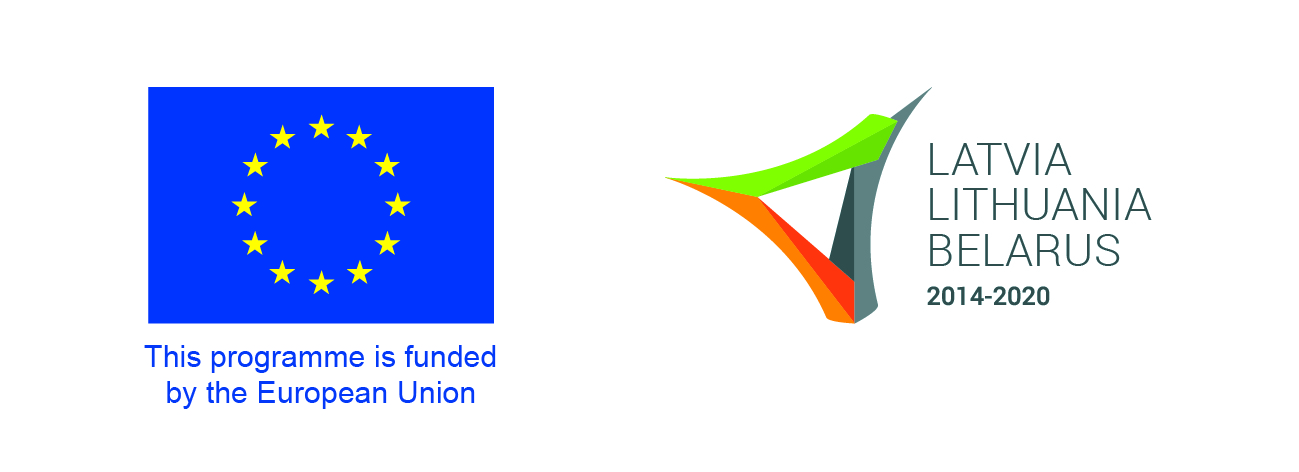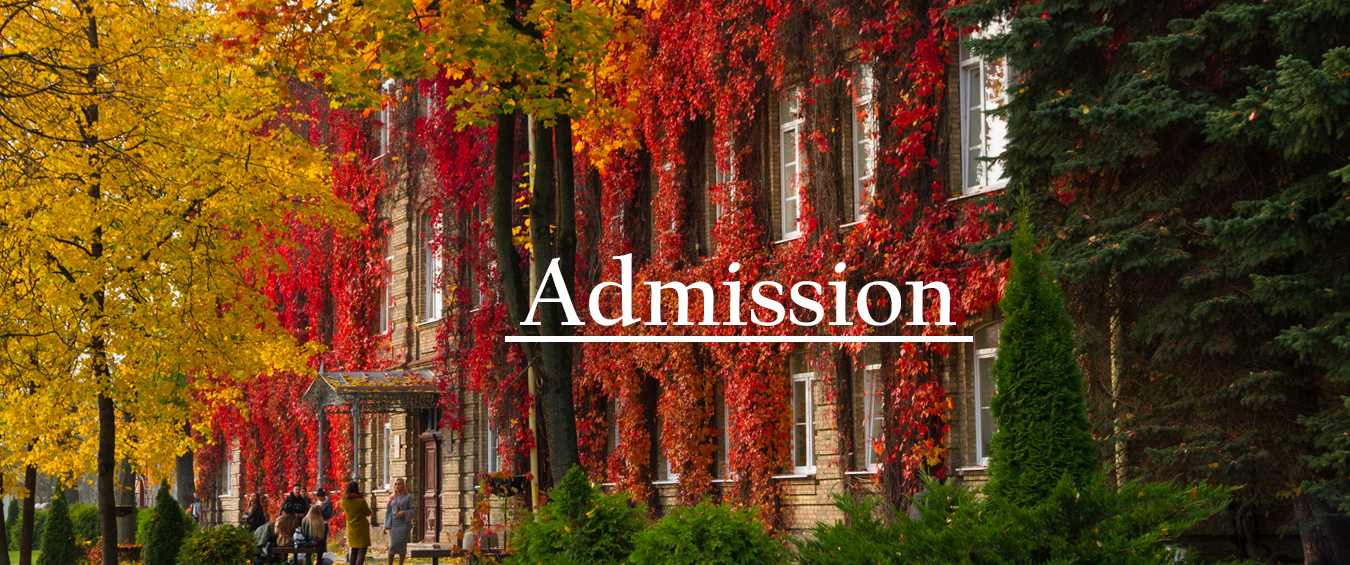
Yanka Kupala
State University of Grodno
Children categories
Preservation of the ethnocultural heritage and the development of tourism in the historical region of traditional beekiping

“This project has been funded with support from the European Commission. This publication [communication] reflects the views only of the author, and the Commission cannot be held responsible for any use which may be made of the information contained therein.”
Preservation of the ethnocultural heritage and the development of tourism in the historical region of traditional beekeeping
Project Duration: 2020-08-01 – 2022-07-31 (24 months)
Total eligible costs of the Project: 450 099,25 EUR (1 176 244,37 BYN).
EU funding (Grant amount requested): 405 089,32 EUR (1 058 619,92 BYN)
Yanka Kupala State University of Grodno funding: 60 076,66 EUR (156 800,08 BYN)
Project Number: ENI-LLB-2-359
Status: active
Project Members & Partners
- Public organization “Nature Heritage Fund” (Lithuania, lead beneficiary);
- Administration of Dzukiya National Park and Chepkelai Nature Reserve (Lithuania);
- Yanka Kupala State University of Grodno (Belarus);
- Belarusian Public Association “Ecological Initiative” (Belarus);
- State environmental institution "Republican landscape reserve "Ozery" (Belarus).
PROJECT AIM
To preserve and revive the ancient tradition of forest beekeeping and its use for tourism development in the border region of Dzukiya and Grodno.
PROJECT OBJECTIVES
- increasing the attractiveness of cross-border cultural heritage;
- restoration of existing and creation of new tourist facilities related to the tradition of forest beekeeping;
- organization of educational activities on the topic of forest beekeeping;
- carrying out information events aimed at promoting the tradition of forest beekeeping.
PROJECT CONTENT
Forest beekeeping is an ancient historically formed occupation on the territory of the Lithuanian-Belarusian border region. It once played an important role in local social and economic life. However, with the development of economically more effective beekeeping methods, it was slowly forgotten. Currently, it is known and cultivated by only a few enthusiasts in Dzukia and Belarus. Thus, project partners intend to revive the ancient traditions of beekeeping, make them famous and attractive to visitors, create a cross-border tourist route-guide where beekeeping traditions will be presented. During the implementation of the project, old bee boards in the border region will be repaired, demonstrating the lively traditions of forest beekeeping, as well as the importance of beekeeping for the local economy as a whole. Another group of events will focus on information, promotion and training of this ancient occupation and demonstrate how it can support local development. In addition, the project intends to initiate local festivals related to the historical traditions of beekeeping. It is expected that the festivals will become regular and will be the hallmark of the region. It is assumed that due to its information activities, the project will significantly increase the number of visitors to the Dzukiya National Park and the Landscape Reserve “Ozery” and the border region in a whole, that will have a positive impact on local socio-economic development.
The 2014-2020 European Neighbourhood Instrument Cross-border Cooperation Latvia-Lithuania-Belarus Programme








































